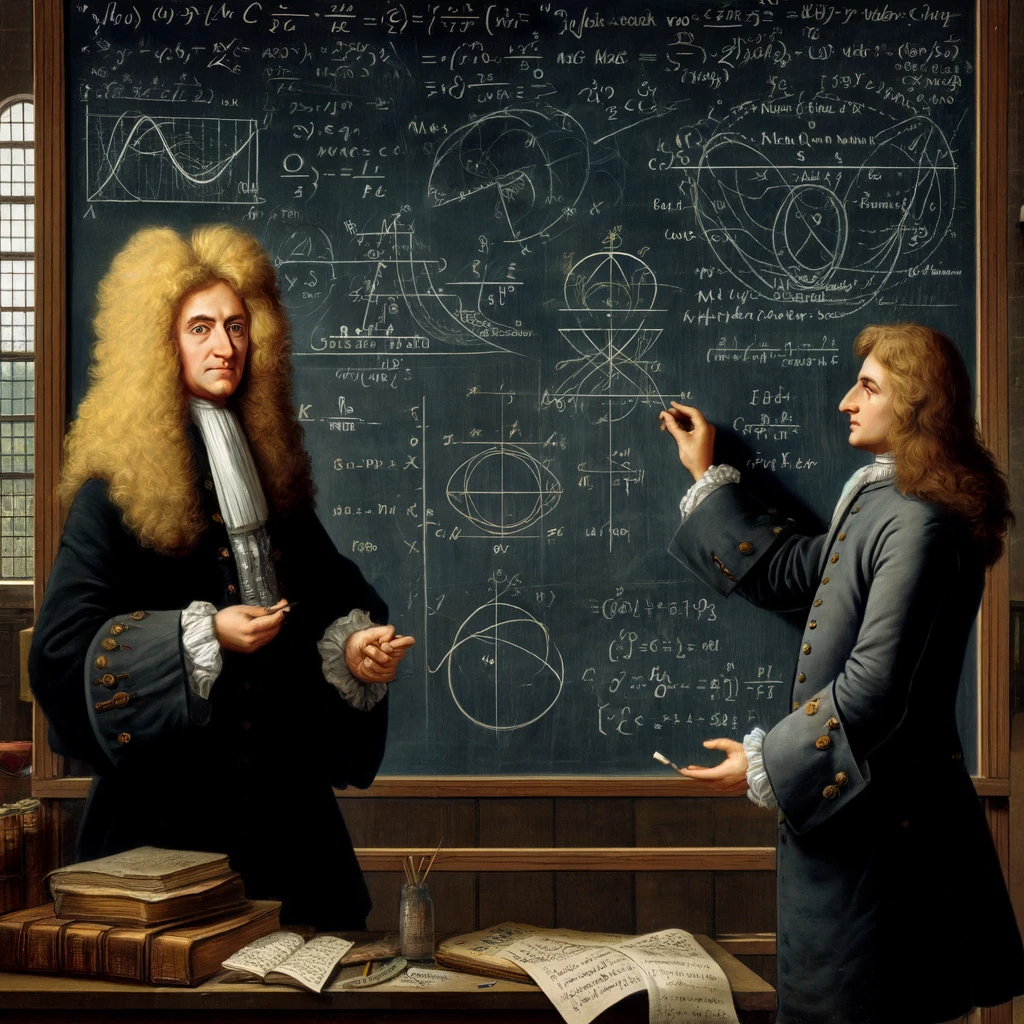This will be a talk for the International Conference on the Philosophy of Mathematics, held at Lanzhou University, China, 25-27 July 2025.

How the continuum hypothesis might have been a fundamental axiom
Abstract. I shall describe a historical thought experiment showing how our attitude toward the continuum hypothesis could easily have been very different than it is. If our mathematical history had been just a little different, I claim, if certain mathematical discoveries had been made in a slightly different order, then we would naturally view the continuum hypothesis as a fundamental axiom of set theory, necessary for mathematics and indeed indispensable for calculus.

See related paper: How the continuum hypothesis could have been a fundamental axiom

